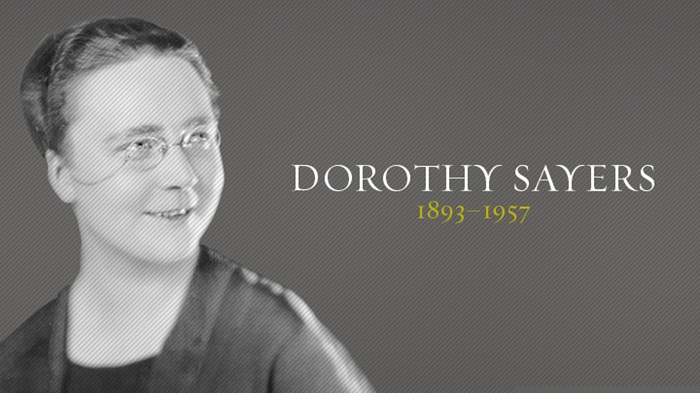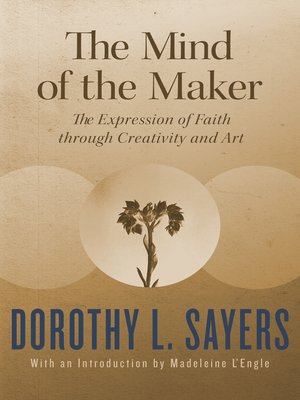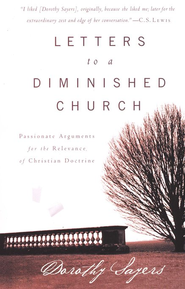I’m currently teaching my university course on C. S. Lewis. We have traversed the Lewis universe by reading Surprised by Joy, Mere Christianity, The Screwtape Letters, The Great Divorce, and his superb sermon/essay, “Learning in War-time.” We are now deeply embroiled in the third installment of his Ransom Trilogy, That Hideous Strength.
Coming attractions: The Last Battle, A Grief Observed, and Lewis’s greatest—in my estimation—sermon/essay of all, “The Weight of Glory.” I wish I could have given them even more; time constraints ruled out The Abolition of Man, but I attempted to incorporate an overview of its themes as a prelude to That Hideous Strength.
Students will also be blessed (at least, that’s my hope) by reading America Discovers C. S. Lewis: His Profound Impact, the first of two Lewis books that I’ve had the privilege to write.
Another wonderful opportunity has now crossed my path: in the spring of 2026, I will be teaching a course in the university’s Honors Program on Dorothy L Sayers.
Where to start and what to include? Sayers’s scope of writing is almost as wide as Lewis’s. I know I need to introduce the honors students to Lord Peter Wimsey. Which book is best for that? I’m leaning toward Strong Poison because Harriet Vane, his future wife, first shows up there.
What about her plays? How can one exclude The Man Born to Be King, that series of radio broadcasts that engendered so much controversy due to her insistence on removing King James English from the script. The controversy actually led to a larger audience. Many were deeply moved by the series, either finding their Christian faith through the episodes or having their faith renewed. When the series showed up in print, Lewis read the plays every year during Lent.
The Mind of the Maker mesmerized me when I first read it. The linkage Sayers made between the Trinity and man’s ability to create captured my imagination. I was so impressed by it that it formed a part of my daily devotions. I want students to be able to enter into her thoughts there.
Many homeschooled students are familiar with the lecture she gave that was later published under the title of “The Lost Tools of Learning.” Her explanation of the significance of establishing the building blocks of education—grammar, logic, and rhetoric—has become foundational for the revival of classical education in our day.
Another great “find” for me was a collection of her essays under the title of Letters to a Diminished Church. Her astute analysis of the necessity of doctrinal fidelity and the creeds upon which the faith is based was, at first, not something I expected from her. Her poignant writing style in these essays is bracing. When I read portions of a couple of the essays to my Inklings group, they were fascinated and realized they were missing out by not having incorporated Sayers into their reading yet.
Her final major work was, of course, a new translation of Dante’s Divine Comedy, another production of her mind and pen that Lewis loved. We won’t read Dante for the class, but her introduction to him and what he did will probably be part of the course.
Further, I can top this all off with the original research I’ve done into Sayers’s personal papers at the Marion E. Wade Center at Wheaton College. I’ve found some treasures there that have not made it into publication.
All that to say, I’m excited by the path the Lord has opened up for me. I want to be faithful to this calling.




